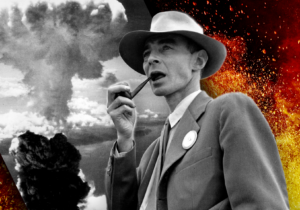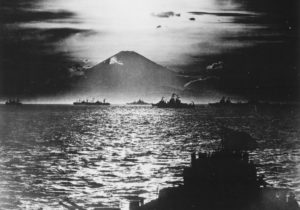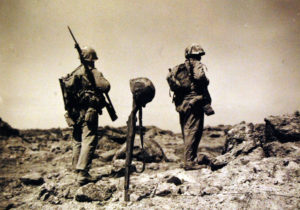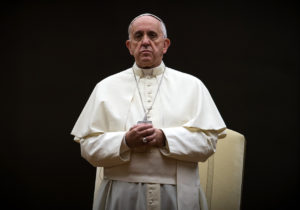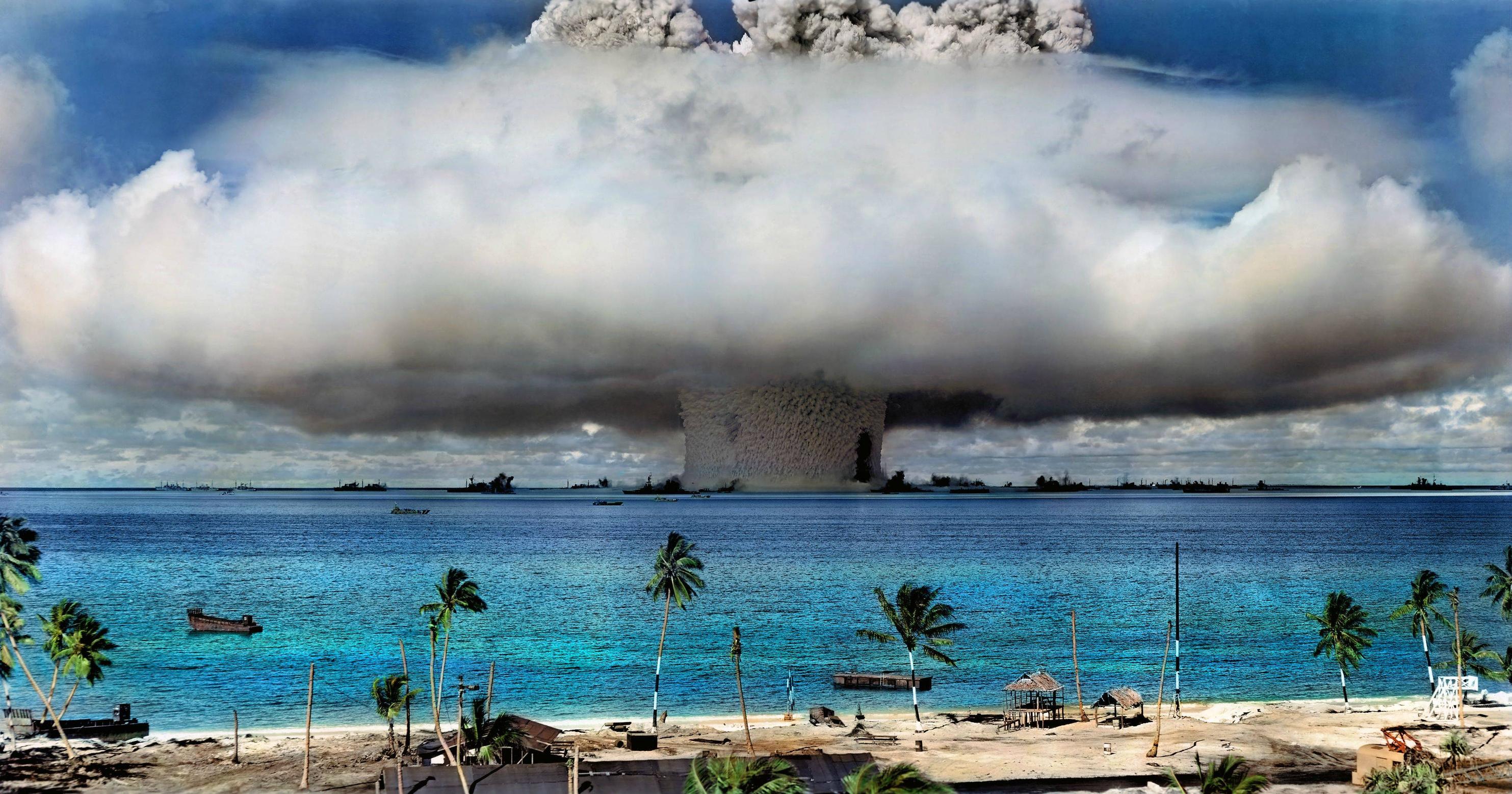God or Godzilla?: Oppenheimer and the Dangers of Taking Nuclear Metaphors Too Literally
Some spiritual interpretations of atomic warfare are perfectly valid – others are positively radioactive
Steven TuckerAugust 23, 2023
Britain and the “Real” End of World War II
Last month was the seventy-fifth anniversary of V-J Day—Victory over Japan, August 14, 1945—the official end of World War II. Yet most Britons prefer to celebrate V-E Day—Victory in Europe, May 8, 1945—the defeat of Nazi Germany. Why so?
Saul DavidSeptember 18, 2020
Solving the Nuclear Puzzle: A Review of Lieber and Press’ The Myth of the Nuclear Revolution
Keir A. Lieber and Daryl G. Press argue in “The Myth of the Nuclear Revolution” that the Atomic Age isn’t too different from other ages. Geopolitical rivalries, arms races, military doctrines, stalemates, and much else are still the same.
Robert JoustraSeptember 1, 2020
Whistling Past the Graveyard: How Iwo Jima Led Toward Hiroshima
Last week marked the 75th anniversary of the end of the Battle of Iwo Jima. The Japanese intended to make the American cost of taking the island so severe they would reconsider invading the Japanese home islands. On this point, the Japanese condemned themselves by their very success. The shadow of Iwo Jima is arguably a mushroom cloud.
Marc LiVeccheApril 3, 2020
Lighten Up, Francis
Pope Francis visited Hiroshima and Nagasaki this weekend. In both locations, he lamented the horrors and immorality of nuclear weapons. He got the horror right, not much else.
Marc LiVeccheNovember 25, 2019
The Problem of Post Hoc Ethics
But what struck me about reading The Most Controversial Decision is how we now superimpose our judgments on Truman’s decision post hoc, and we do this with great zeal, certainty, and righteous superiority.
Andrew T. WalkerAugust 6, 2019
What You Should Know About Nuclear Weapons
The U.S. Defense Department contains an inventory of roughly 7,100 nuclear warheads. About 4,760 are active, while approximately 2,340 warheads are retired, but still intact. The retired warheads are in storage and await dismantlement. Here is what you should know about nuclear weapons:
Joe CarterOctober 12, 2017
